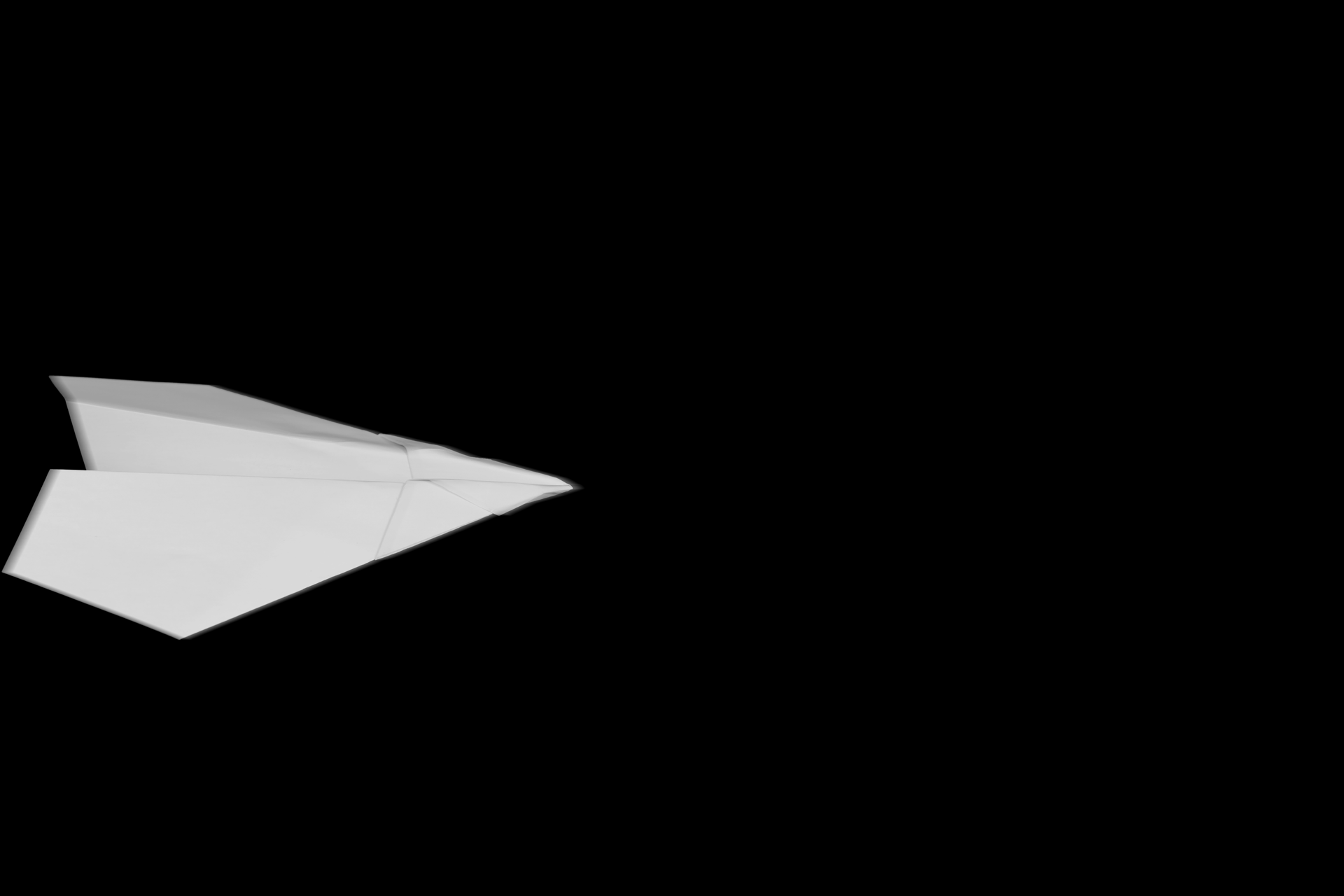
Sharing Agroecological Innovations
D-USYS
For many agroecologists, the sharing of one’s research is fundamentally important. But how can agroecological innovations be shared in ways that are accessible and efficient, and work for various types of stakeholders? In our co-design process, we tried to address that question and decided on producing two videos and a set of cards that focus on tools such as design thinking and the real-life experience of a scientist. In addition, MML has offered four teachings on the following topics: infographics for lecturers and for students; storytelling for students and smartphone videography for students.
What we did:
Teachings
Videos
Interviews
Consulting
Script Development
Animation
Sounddesign
Postproduction
Teachings
Infographics for Lectures
Sharing scientific findings with a wide array of societal stakeholders can be an essential and challenging part of a scientist’s work. Infographics and the visual transformation of scientific findings are an essential tool to facilitate understanding. In this lecture, participants learned about the different types of infographics there are and the ways they can be used in science communication.
Infographics for Students
In this workshop, students first learned about the value and types of infographics in science before applying their newly-gained knowledge to their own projects, transforming their scientific research into informative infographics.
Storytelling for Students
In order to bridge the gap between academia and societal stakeholders, students need to effectively communicate their scientific findings. Storytelling is one aspect of efficient science communication, as it creates meaning and illustrates the stakes of various topics. In this workshop, students learned about the foundations of scientific storytelling, and received hands-on tips on how to effectively use storytelling in the communication of their research.
Smartphone Videography for Students
Smartphone videography is a powerful and easily accessible tool to create videos in educational settings. In this course, students at ETH get the foundational knowledge on how to use their smartphones to create videos and to apply these skills in the communication of their research.
Agroecological inno teachings
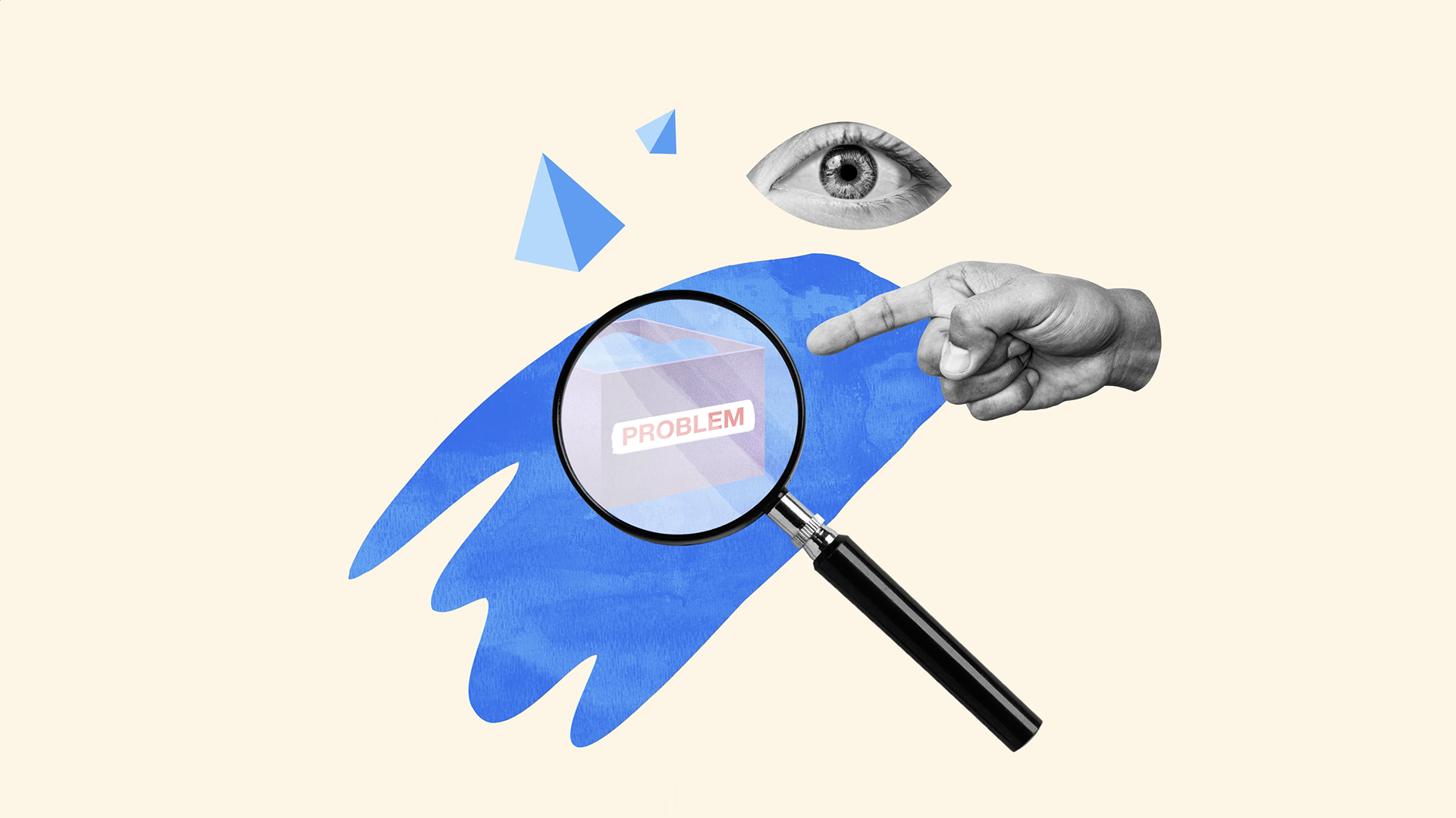
Science Communication Video
Work in progress
In this video, researcher and scientist Sharon Migeri shares best-practice insights from her experience in the field, illustrating the importance of human connection and the transformation of information in science communication.
Design Thinking Animation
Work in progress, stills from the animation
Visualizations and explainer videos are powerful tools for educators and communicators to convey complex ideas effectively and help students learn and retain information. In this video, the concept of Design Thinking and its potential in science communication is brought to life.


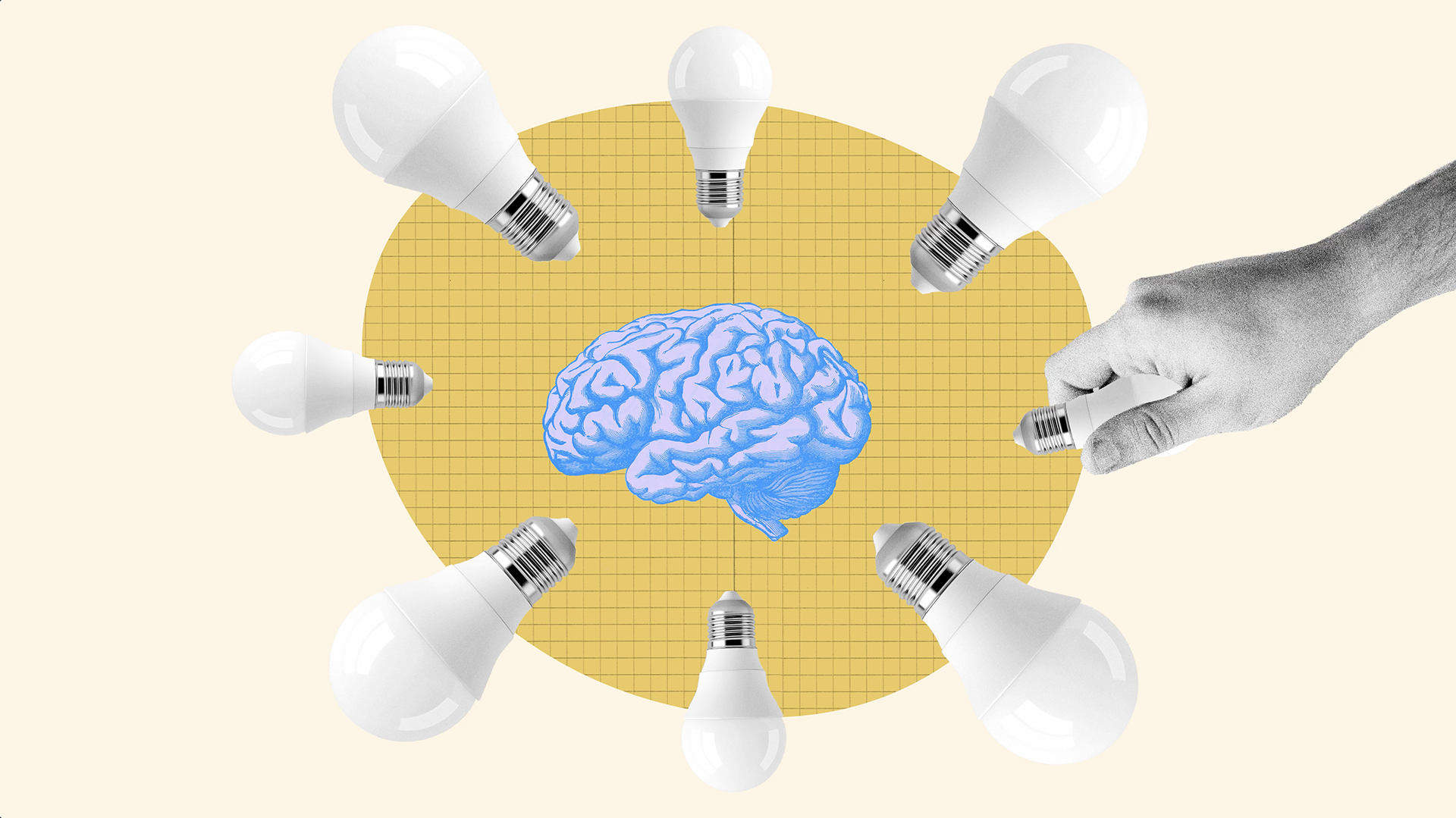

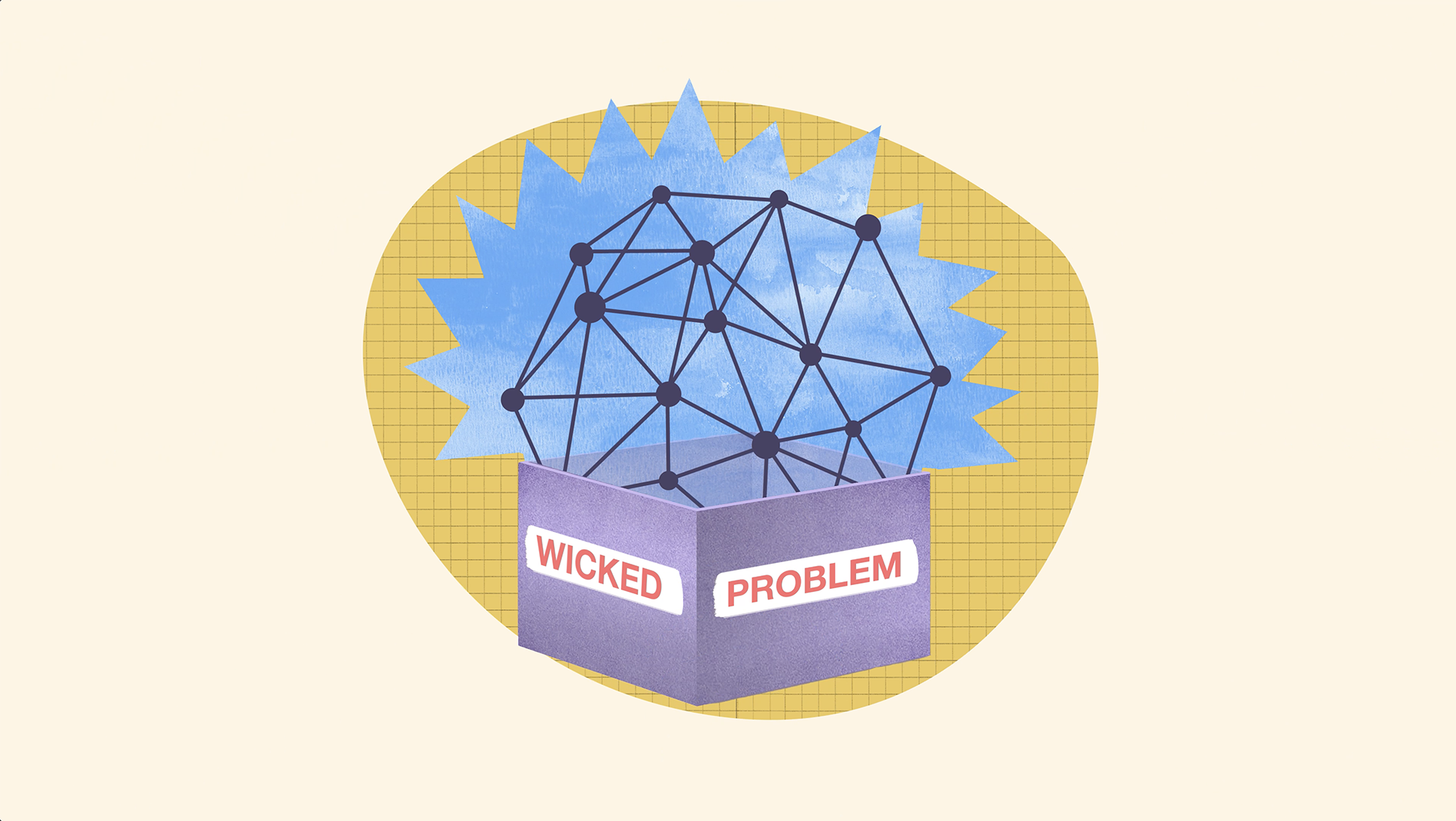

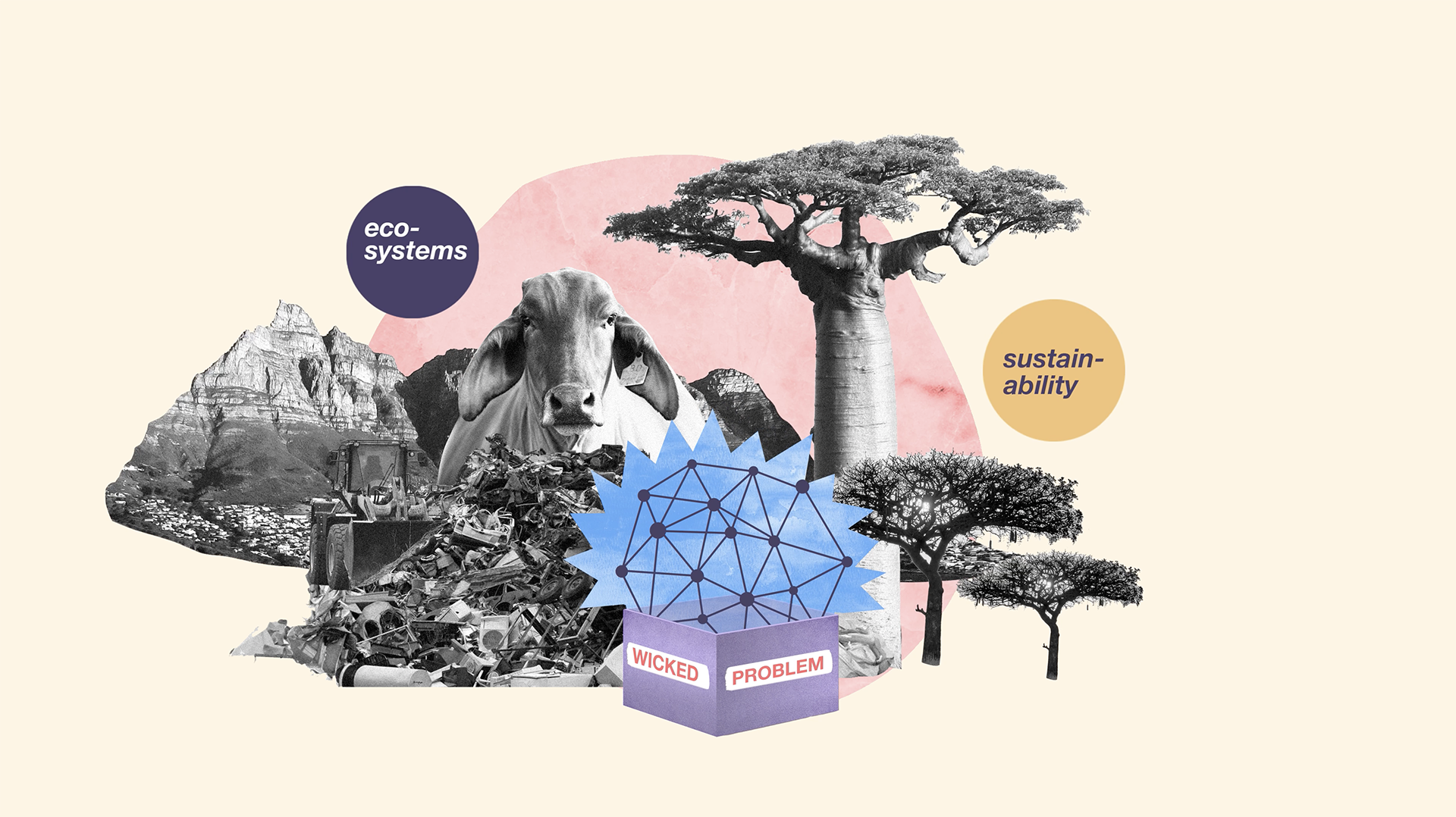
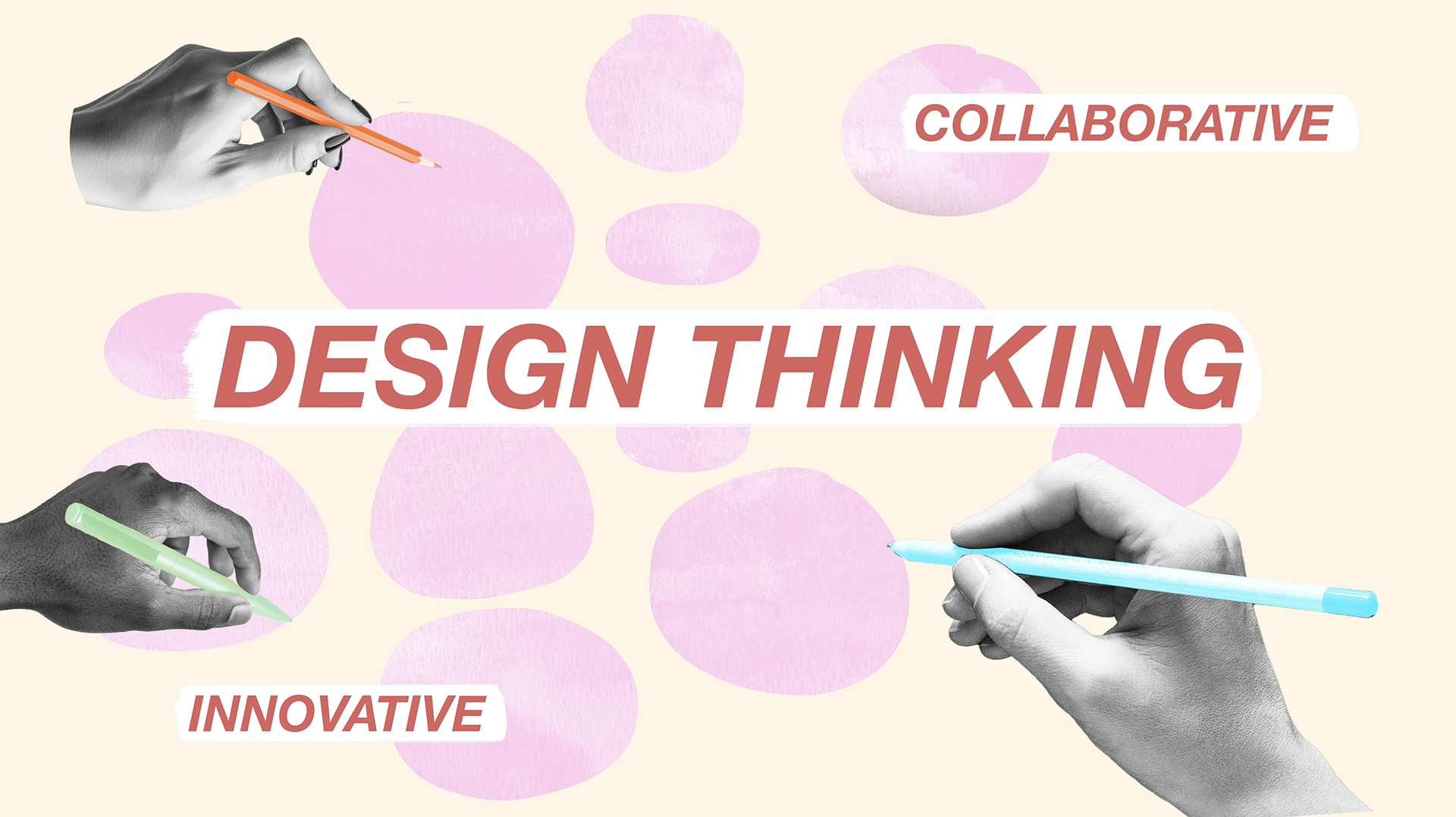

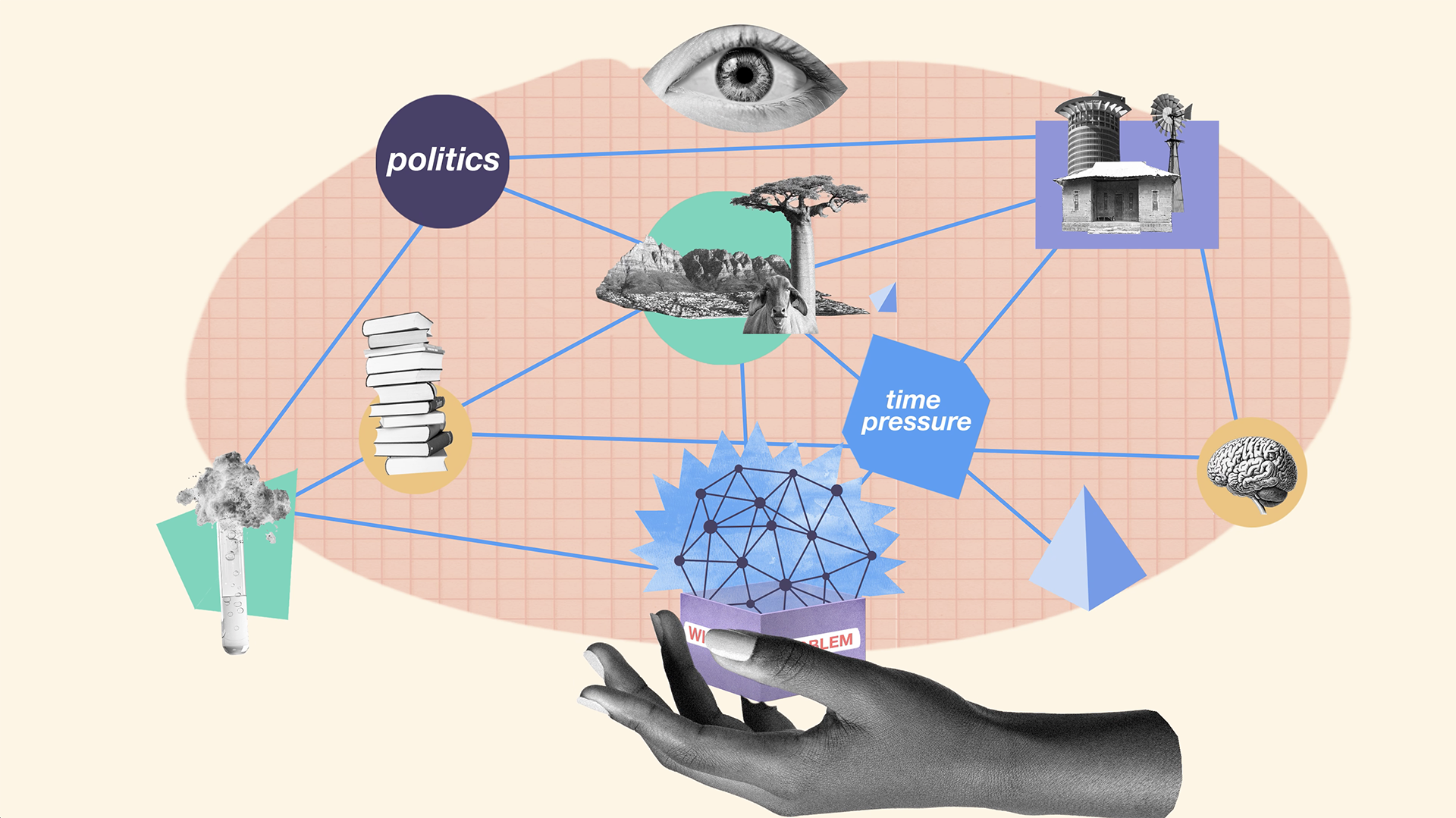
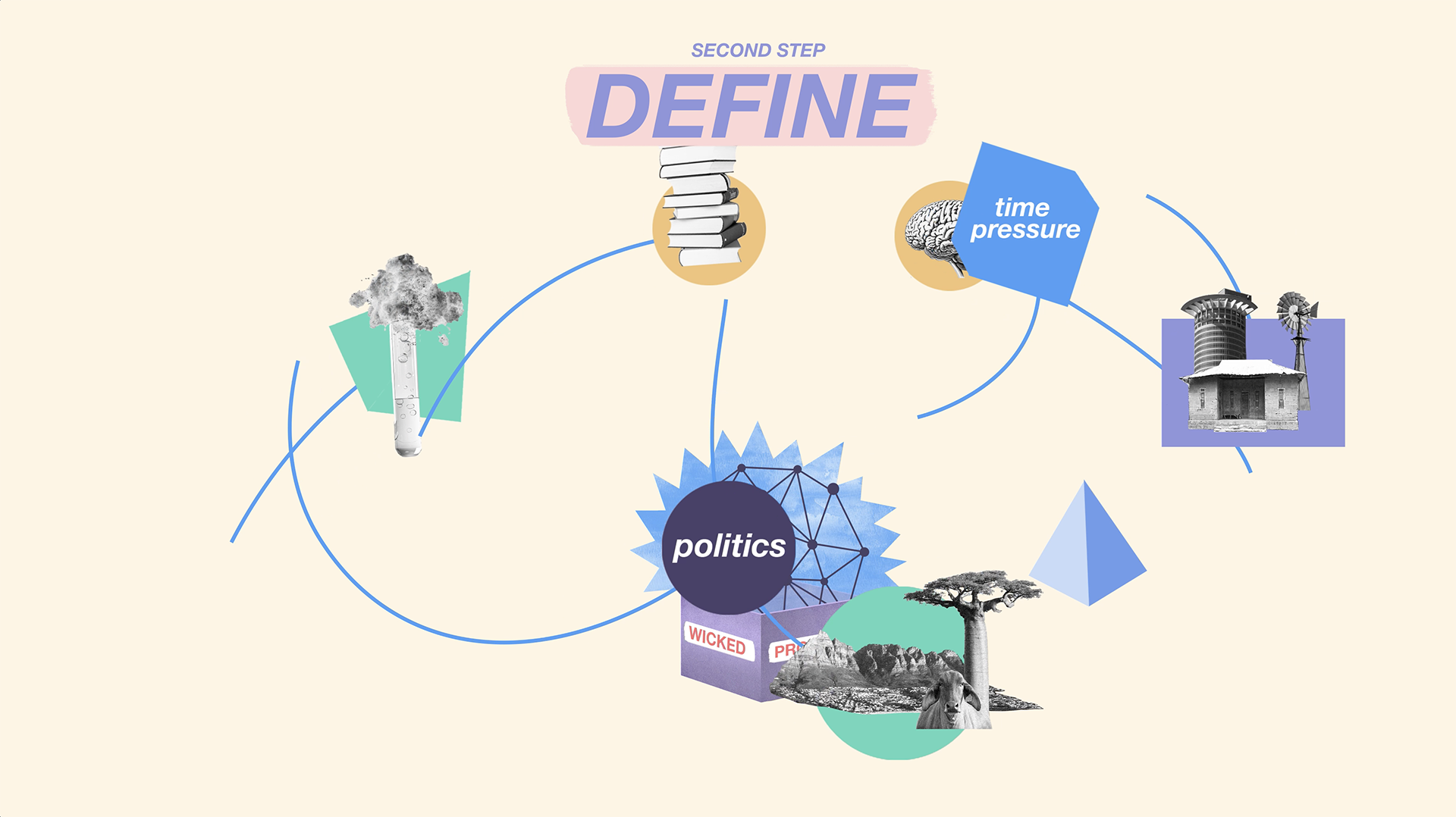
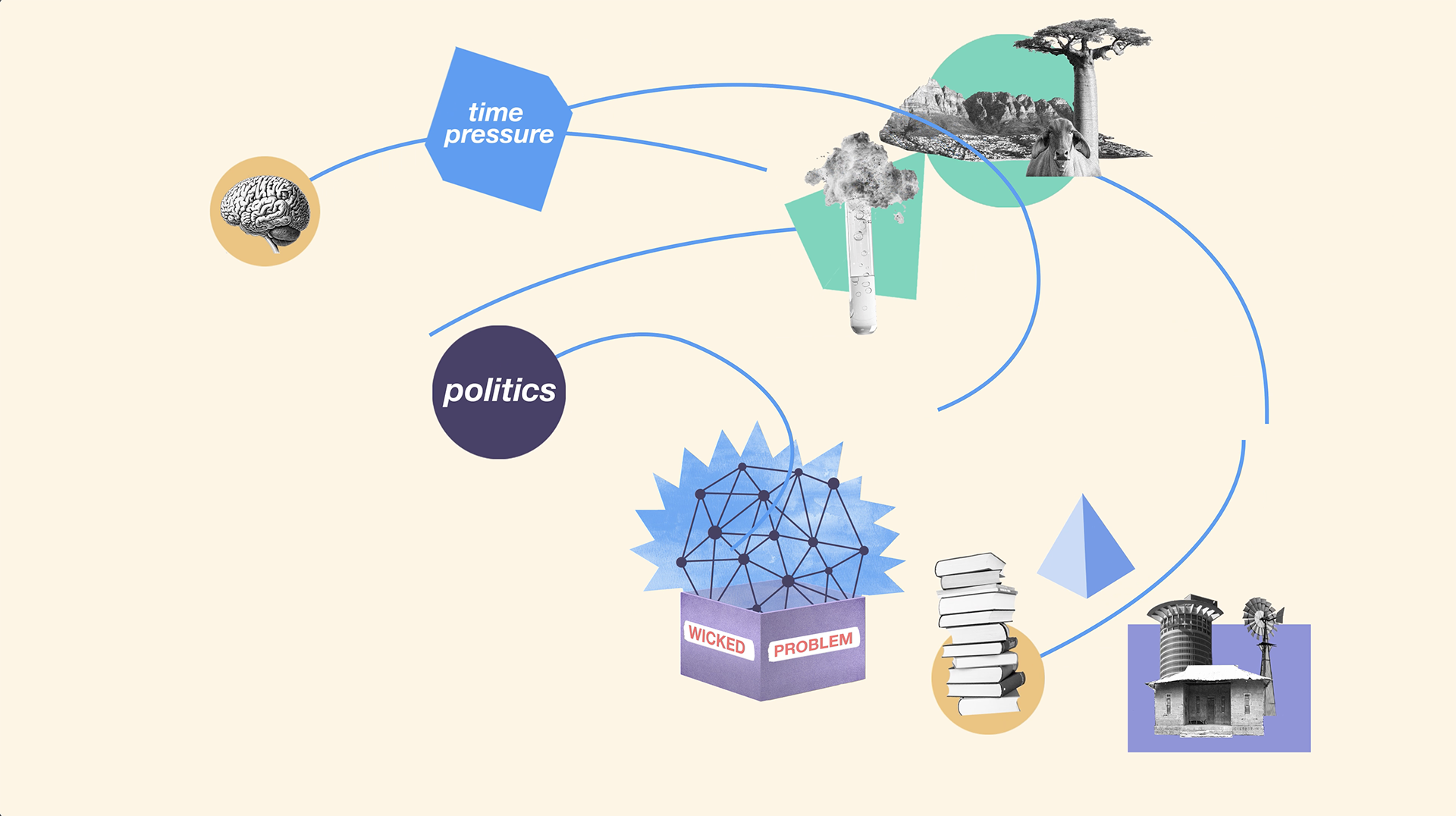

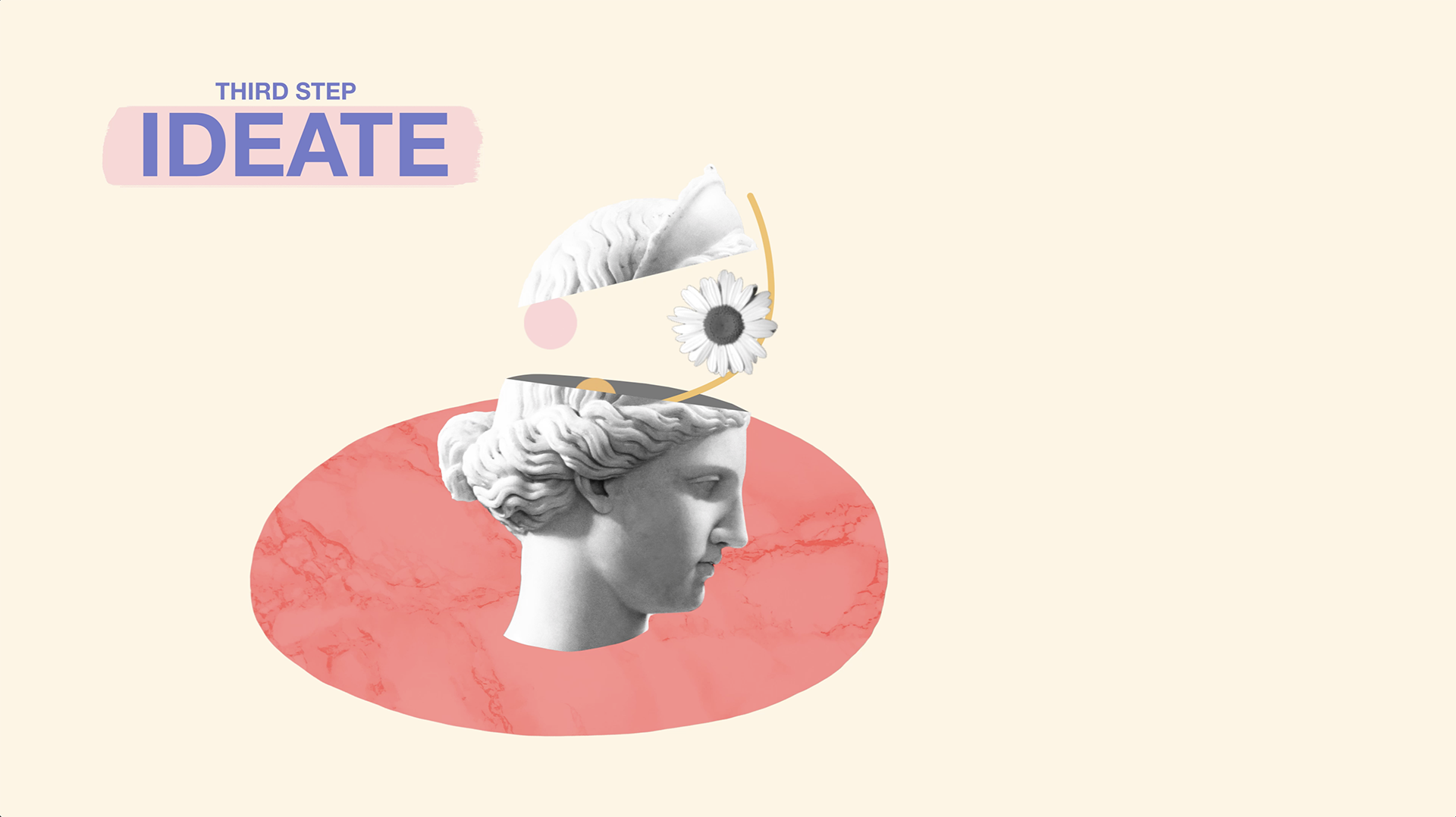



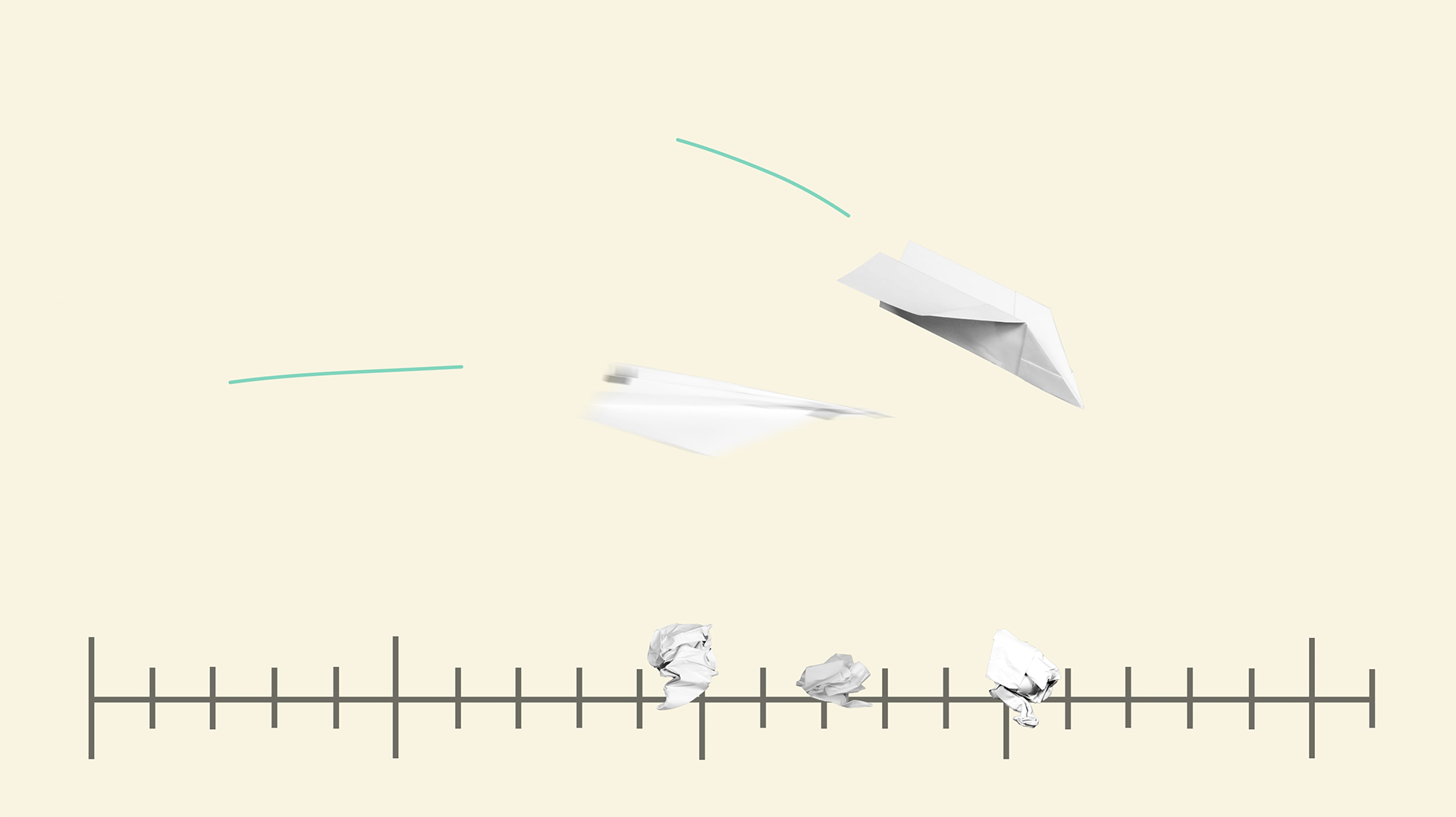

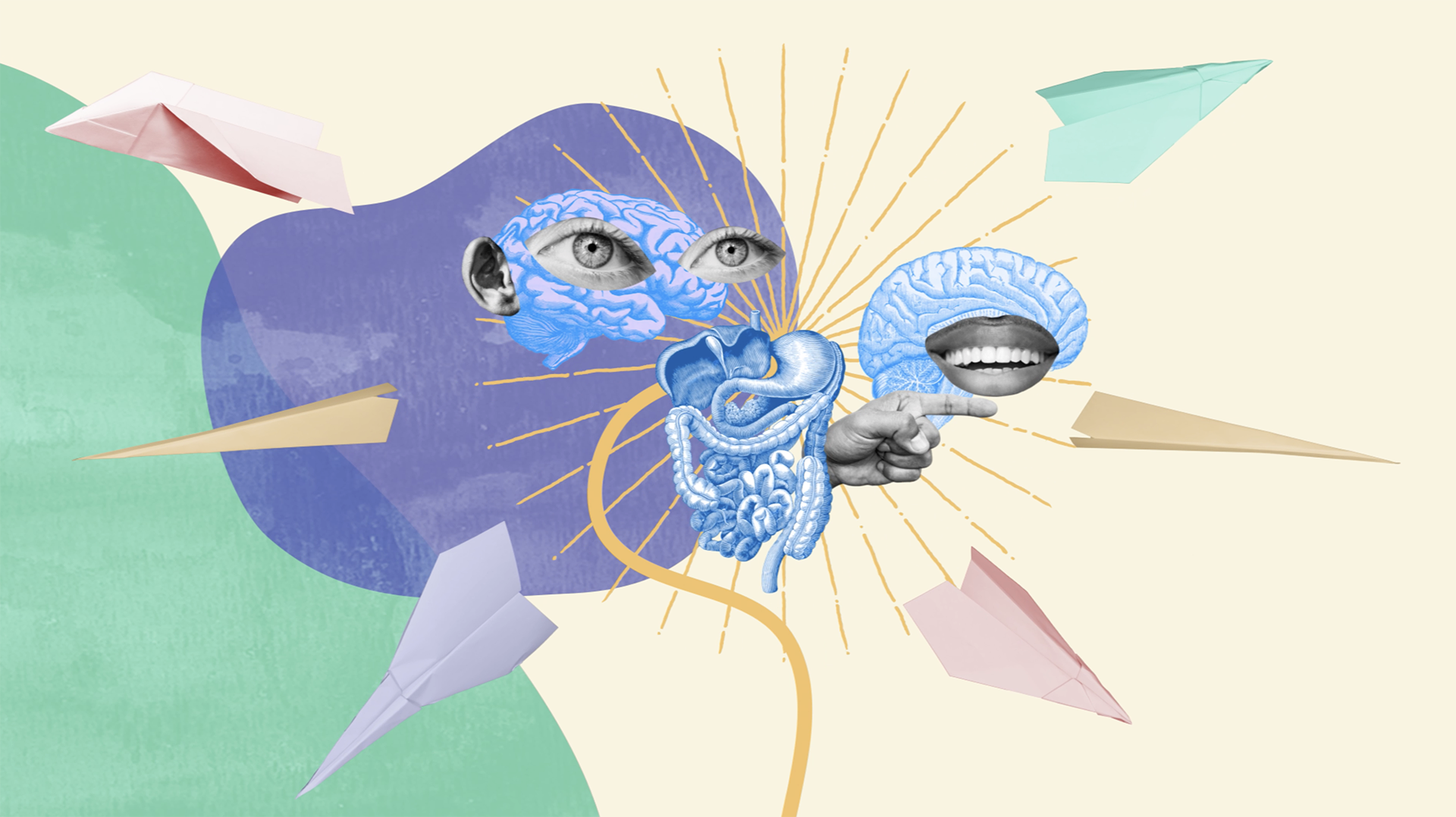
Making of
Storyboard
People involved
Project Lead DUSYS:
Dr. Kenza Benabderrazik
Project Lead MML:
Judith Rehmann M.A.
Content Expert:
Dr. Kenza Benabderrazik
Dr. Marion Lehner
Script Development:
Judith Rehmann M.A.
Robin Bretscher M.A.
Art, Visual Design & Animation:
Estelle Gattlen
Jane Gebel
Arthur Barbieri Spring
Tiffany Di Nunzio
Voice Over:
MacDonald Nkemba
Camera:
Dr. Jeanine Reutemann
Alexander De Biasi
Post-production & Sound design:
Estelle Gattlen
SAE Teaching Team:
Prof. Johan Six
Backstopping:
Dr. Jeanine Reutemann












